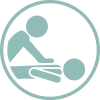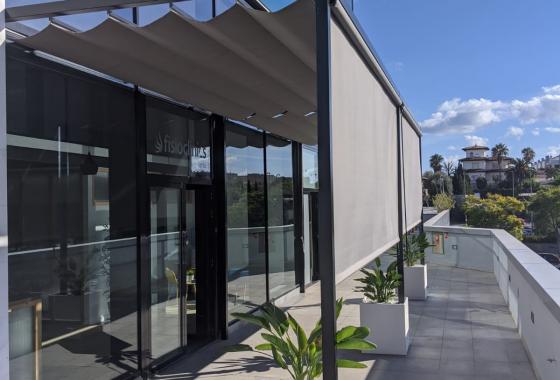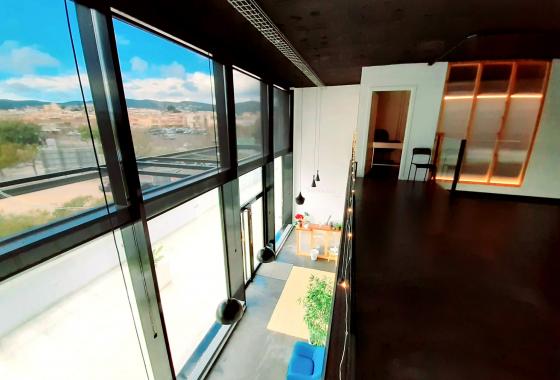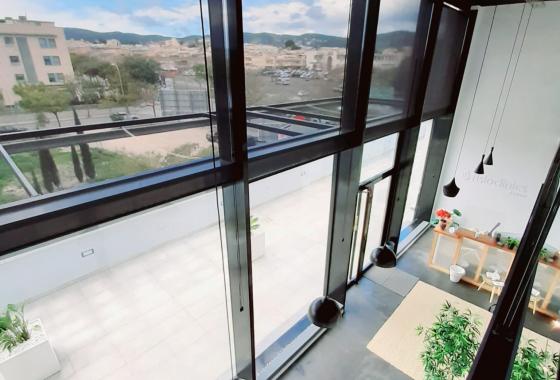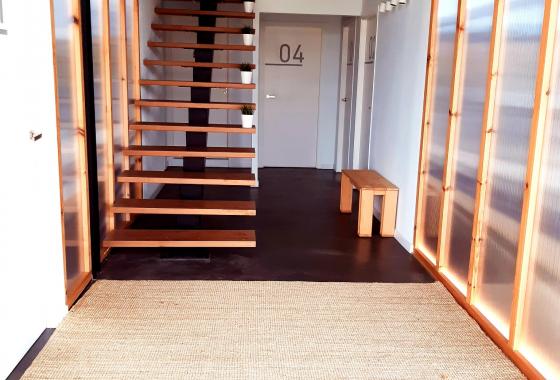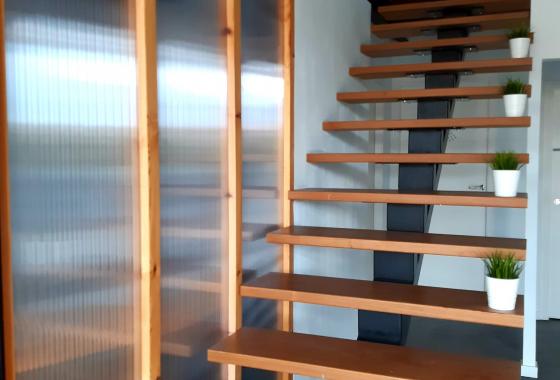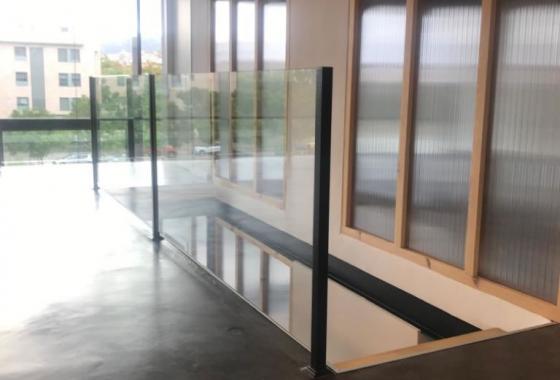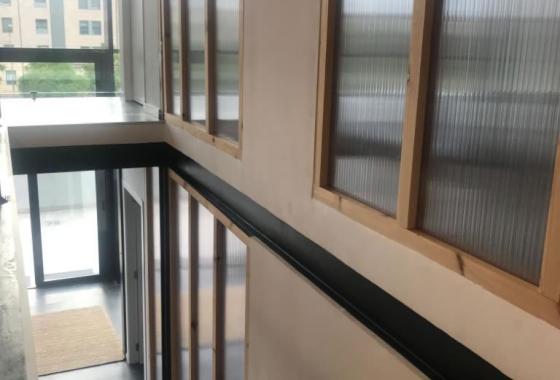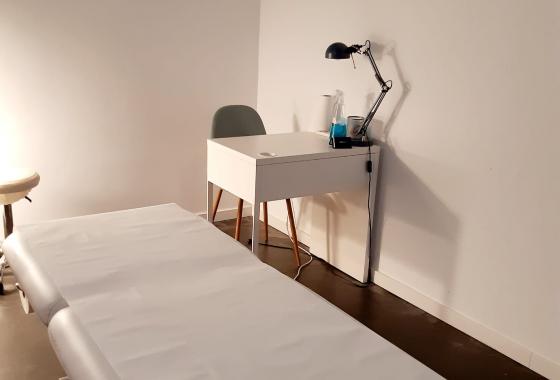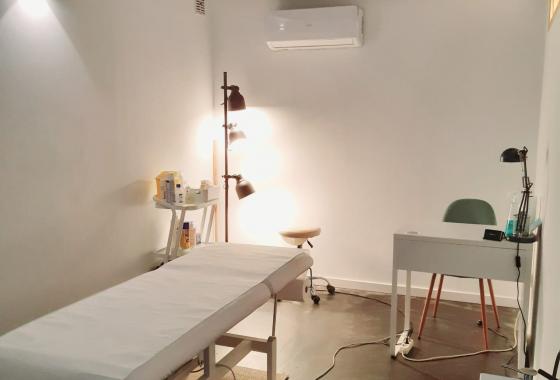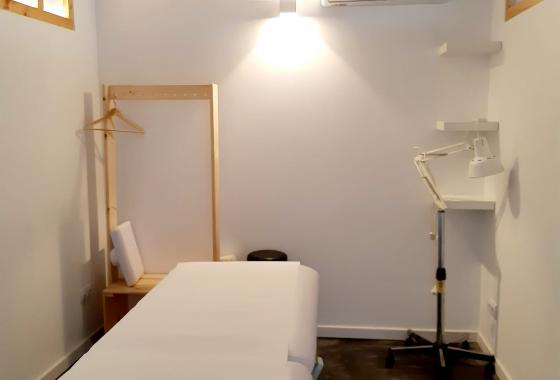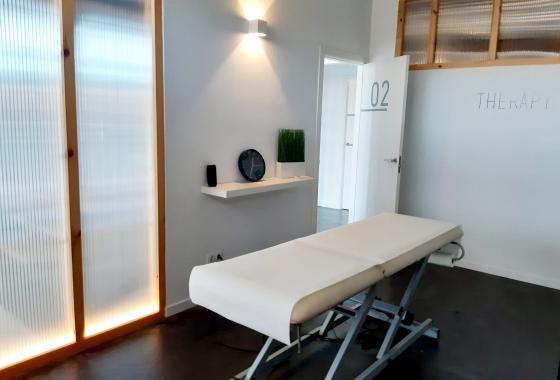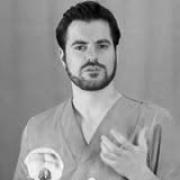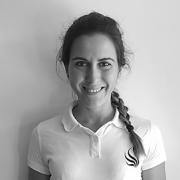The cause of Vertigo and Dizziness is varied, but it can be caused by migraine headaches, cervical dysfunctions or by a lifestyle such as overwork and stress. In this FisioClinics Palma de Mallorca article we will offer useful knowledge about Vertigo and Dizziness, if it is of your interest, continue reading the next article.
What are Vertigo and Dizziness?
Vertigo and Dizziness are symptoms that produce the sensation that the body is moving even though it really is not, accompanied by the sensation that the body is moving back and forth, but Vertigo is also a special term, It describes the feeling that one is about to fall.
In many it is caused by the neck triggered by the rotation or extension of the neck. Regarding the cause, they are varied depending on the anatomical structure in dysfunction, which we will discuss later. Many people often accompany Vertigo and Dizziness with a variety of symptoms other than dizziness.
What are the symptoms of Vertigo and Dizziness?
Most of us suffer from dizziness and vertigo from time to time, in most affected people, if the origin is cervical, the symptoms are triggered after a neck movement, presenting the following sensations:
-
Feeling unsteady or firm on the ground.
-
Feel the room is spinning.
-
Feel the movement whether you are sitting or standing.
-
Vision seems blurry.
-
Lack of focus and lack of time and space.
-
Feeling weak.
-
Feels like falling.
-
Loss of balance when walking.
-
Drowsiness.
-
Headache.
What Causes Vertigo and Dizziness?
It can be said that the cause is in the neck, that the structures can be found in dysfunction by the muscle, the ligament, the vertebral artery, spinal stenosis, ossification of the posterior longitudinal ligament, the sympathetic nerve fiber that surrounds the vertebral artery, etc. However, several causes can overlap or happen consecutively such as:
-
Emotional conflicts such as excess anxiety and stress.
-
Some serious diseases, such as diabetes
-
Food failures (malnutrition).
-
Dysfunction of the inner ear.
-
Osteochondrosis of the cervical spine. With sudden movements of the head or inclination, dizziness increases with osteochondrosis. In addition to cervical vertigo, there is a lack of coordination and uncertainty when moving. For vertigo with osteochondrosis it is also characterized by a combination with pain and a significant reduction in mobility of the neck.
-
Ménière's disease: a disorder of the inner ear, in which the person experiences dizziness for hours, in addition to ringing in the ear.
How is the medical diagnosis of Vertigo and Dizziness made?
For the diagnosis it is necessary to determine the duration of dizziness, the moment of dizziness, that is, morning or night, the moment it begins to appear, the symptoms that accompany Vertigo and dizziness, relationship of the affected person with the family environment, daily life situation, work sickness and suffering such as overwork, sleep situation.
Depending on the situation, CT inspection of the head or image inspection such as MRI of the head is performed, but these image inspections are useful only when there is an accurate interview and consultation.
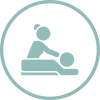 Physiotheraphy
Physiotheraphy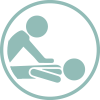 Osteopathy
Osteopathy Massage
Massage Lymphatic
Lymphatic Group classes
Group classes Home
Home Baby
Baby
